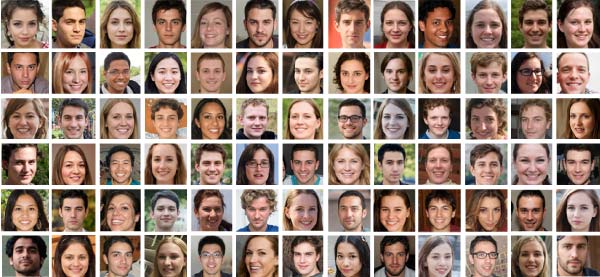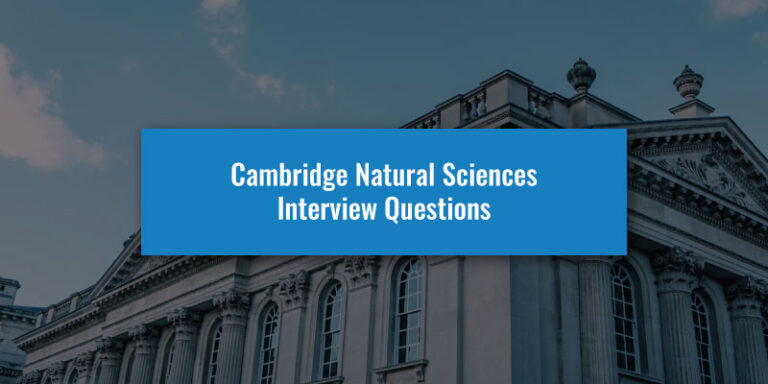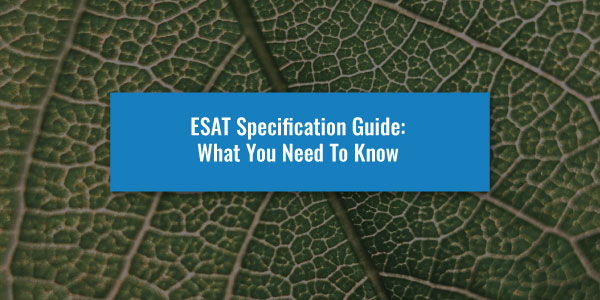When applying to study Natural Science at Cambridge, it is essential to consider the cost to do so.
These costs vary whether you are a home student entering your first year of undergraduate study, a home student completing your second undergraduate degree and if you are an international student.
We will detail everything you need to know, from tuition fees to living costs and general course expenses.
Natural Science Tuition Fees
The tuition fees for home status students starting the Natural Science Tripos in 2025 will be £9,250 per year. This comes as the Government have frozen the fees for the fifth year in a row.
As of October 2021, new and continuing students from the Crown Dependencies (the Channel Islands and the Isle of Man) who come to England for higher education study will be eligible for home fee status. This is dependent on three years’ residency in the UK or Islands.
Home fee status students can take out a Government loan for their tuition fees, which can be deferred until they graduate and earn the minimum salary threshold.
However, if you are a home status student studying Natural Science as a second undergraduate degree, the fees are different. For 2025-26 entry, the annual fee will be £11,328. You usually only get student finance support when you do your first higher education qualification, even if your previous course was self-funded.
Furthermore, anyone taking a second undergraduate degree will typically have to pay a college fee as well.
You should allow for annual increases in tuition and college fees and consider that there’s little financial support available for those studying a second undergraduate.
Our expert tutors are on hand to help guide you through your Cambridge Natural Science application.
We help you craft the perfect Personal Statement, achieve a highly competitive ESAT score and teach you how to Interview effectively.
Discover our Cambridge Natural Science Full-Blue Programme by clicking the button below to enrol and triple your chances of success.
Natural Science Living Costs
Living costs cover whatever you need to pay for, excluding tuition fees, while at university. These include accommodation, food, course costs, personal expenses, and transport.
Cambridge estimated that students of 2025-26 entry should allow in the region of £9,890 for living costs in the city for the year – although this will vary depending on lifestyle. On this basis, students for 2026-27 should allow for increases.
Accommodation | £120-£200 per week |
College meals | £4-£7 per meal |
Additional course costs | Dependent on the subject (see below) |
Transport in Cambridge | Cheap or even free |
The table above indicates what typical student living costs at Cambridge were for 2020-21, giving an idea of what it would likely cost now.
Do consider that the weekly accommodation cost will also vary across the colleges.
Colleges provide basic self-catering facilities in addition to cafeterias/dining halls. Some levy a separate charge for the kitchen’s running costs, which ranges from £195 to £575 per year in those that charge while others include this within their accommodation costs.
As mentioned above, individual meals typically cost £4 to £7. In addition to this, many colleges have regular ‘formal halls’ (three-course dinners) that are of great value, usually at around £9 to £15 at most colleges.
What you spend on food, clothing, transport, etc., depends on your lifestyle. There are many free recreational facilities at the university and many college-based and student-run activities that do not cost a lot.
Cambridge is a small city, so transport is cheap or free, most students walk or cycle, and there is a bus service that offers discounted fares to students.
It is also important to note that Cambridge takes the stance that students should not undertake paid employment during term-time due to the intensive nature of their studies.
Natural Science International Fees And Costs
As an international student at Cambridge, there are three costs you need to consider. These are your:
- Tuition fees
- College fees
- Living expenses
Visa applications require you to prove that you can finance all these costs in advance. Colleges also ask for financial guarantees.
The fees are per year and are fixed for the course duration, so do not worry about your costs increasing year on year.
For 2026 entry, international applicants to Natural Science will have to pay £41,124 per annum.
In some of the subjects that form Natural Science, these being Astrophysics, Biochemistry, Chemistry, Earth Sciences, History and Philosophy of Science, Materials Science and Physics offer a fourth-year leading to an MSci. For these subjects, the course is considered continuous with the BA course and the annual fee for the first three years continues to apply.
Further to this, all-international status students typically will have to pay an annual college fee in addition to university tuition fees. This covers the cost to your college of providing a range of educational, domestic, and pastoral services and support.
Anyone applying for Trinity College should note that fees are not fixed for the course duration and are set annually.
Another critical consideration is that living expenses may be higher than those for a UK student, e.g., if you stay in Cambridge during the holidays. In 2021-22, the minimum resources needed in Cambridge for the year (excluding tuition and college fees) were estimated to be approximately £11,480.
General Natural Science Cost Requirements
There are additional course costs to consider as well. These are the costs in addition to tuition fees and living costs.
Such things that fall under this will be photocopying and printing costs. The cost of any paper and pens that you use will also be part of this.
Textbooks are considered at the student’s discretion as library books are available.
For the Natural Science Tripos, there are a few costs required by the course in general.
These are:
Essential | University-approved calculator | Approx. £25 |
Essential (for some subjects) | Lab coat | Approx. £13-£16 |
Essential | A laptop – less than 4 years old | Dependant on choice |
Non-essential | Textbooks | At student’s discretion – library books available |
Non-essential | Specialist equipment | Can be borrowed if necessary |
Subject Specific Cost Requirements
Depending on which subjects you opt to take as your Natural Science Tripos, there will be some additional costs associated with them.
The subject with the most costs associated with it is Earth Sciences.
In Part IA, students have a one-week field course to Arran during the Easter holidays, costing roughly £110. For Part IB, students have two ten-day field courses, the first in Cumbria costing £105 and the second either Dorset (£75) or Devon and Cornwall (£60).
Part II costs are not currently available, but students have a ten-day mapping course in Skye, followed by an eight-day tectonics field course in Greece and a month-long individual project fieldwork with total cost depending on the choice of location.
Physics Part II students also have the opportunity to take part in the eight-day tectonics field course in Greece.
Finally, in Part III, Earth Sciences students once again carry out an individual project which may involve optional fieldwork costs. As well, a one-week field course in Spain costing around £135.
Evolution and Behaviour, Part IA students, have an option to carry out a one-week field course costing approximately £50 plus travel costs.
Those taking Plant and Microbial Sciences Part IB are encouraged to take part in a one-week field course in Portugal – this is not essential but is highly desirable.
Part II Zoology students are able to visit Panama if they so wish, costing them £600, and students are eligible to apply for college travel funds to support the costs of this trip.
Conclusion
Going into your degree with an open mind of what the costs are means budgeting will be a lot easier; for those applying as an international student, this is especially important due to limited financial support.
For home students in their first year of undergraduate study, tuition fee and maintenance loan payments should not be a consideration until post-graduation.
Although these various costs should be taken into consideration, do not let them put you off applying for the course.
Secure your dream place to study Natural Science at Cambridge with the help of our Premium Programme.
With our Cambridge Natural Science Premium Programme, we help you craft the perfect Personal Statement, achieve a highly competitive ESAT score and teach you how to Interview effectively.
Discover our Cambridge Natural Science Full-Blue Programme by clicking the button below to enrol and triple your chances of success.








